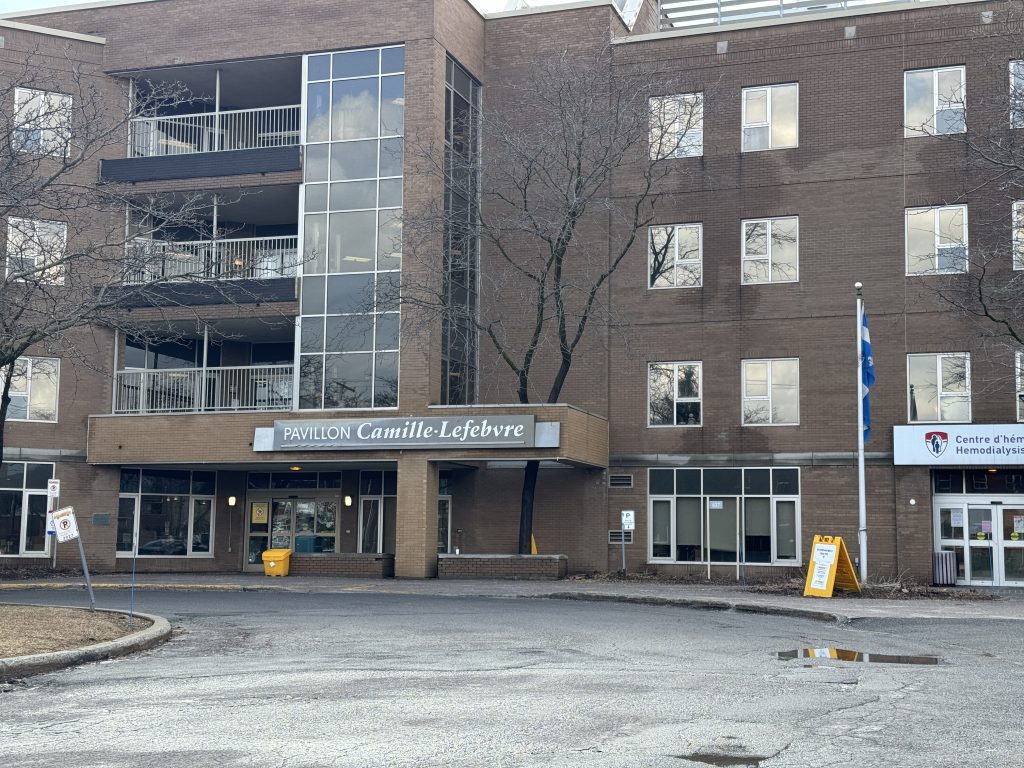Coalition representing seniors say they want investments in homecare services: Quebec budget

Posted April 3, 2025 8:43 pm.
Last Updated April 3, 2025 8:54 pm.
Quebec will be investing $318 million over five years into private and public long-term care homes for seniors, according to what the government earmarked in its last budget.
However, the Coalition for the Dignity of Seniors, which represents more than 150,000 seniors across the province is highlighting their concern and disappointment with what they say is the chosen direction of the CAQ, stating the focus should be on investing in homecare services for seniors who want to live at home and age with dignity.
“90 per cent plus of our seniors live in their apartment, their condos, their home, that’s where they are and that’s where the service needs to get. The senior homes that are presently for autonomous people, they only represent 8 per cent of the people,” said Pierre Lynch, a spokesperson for the Coalition for the Dignity of Seniors.
“If at that point we’re only meeting presently about 12 per cent of the needs for home health care and the population is growing, what’s going to happen next year and the year after?”
#WATCH: “We just found out that we’re not that important” says Pierre Lynch, spokesperson for the Coalition for the dignity of seniors, in reaction to the CAQ’s 2025 budget last week that showed no funding for home care services for the elderly.
— CityNews Montreal (@CityNewsMTL) April 4, 2025
READ: https://t.co/Mkgse1PlDd pic.twitter.com/nCQZx3cUiw
Solange Tremblay, a retired CHSLD nurse and a spokesperson for the Coalition for the Dignity of Seniors, adds, “The system no longer works. Seniors stay at home, waiting for services they never receive, and their living conditions and health deteriorate.”
According to statistics revealed by the coalition, less than 10 per cent of seniors’ needs are currently being met, and what’s more troubling, they estimate that by 2030, one out of four Quebecers will be 65 or older.
“Everyone’s going to be a senior at one point or another in his life. So we need to look in two perspectives. Short-term, the people that are already there that need the help, we need short-term action,” said Lynch.
“Then afterwards, we need to ensure that in the long term, the seniors that are coming up eventually don’t face the same issues that the ones that are there presently.”
Lynch and Tremblay say that emptying out the wait lists that currently have more than 18,000 requests and giving seniors more access to CLSC’s is more important than the two measures outlined in the budget, which give prioritize funding to long-term care homes and extending financial assistance programs for installing sprinklers in private seniors’ residences.
“We need to rethink how support services are provided. It’s essential to ensure that CLSC’s fulfill their role and that nurses and specialized nurse practitioners can play a significant role when called upon,” Tremblay explained.
According to a survey requested by the coalition and conducted earlier this month, almost 50 per cent of Quebecers believe that CLSCs should be the gateway to home care and services — ranking ahead of the option of a family doctor.
“We have the right to live with dignity, we are full-fledged citizens. Seniors deserve the right to age at home, in the best possible conditions, to stay healthy for as long as possible,” said Tremblay.








